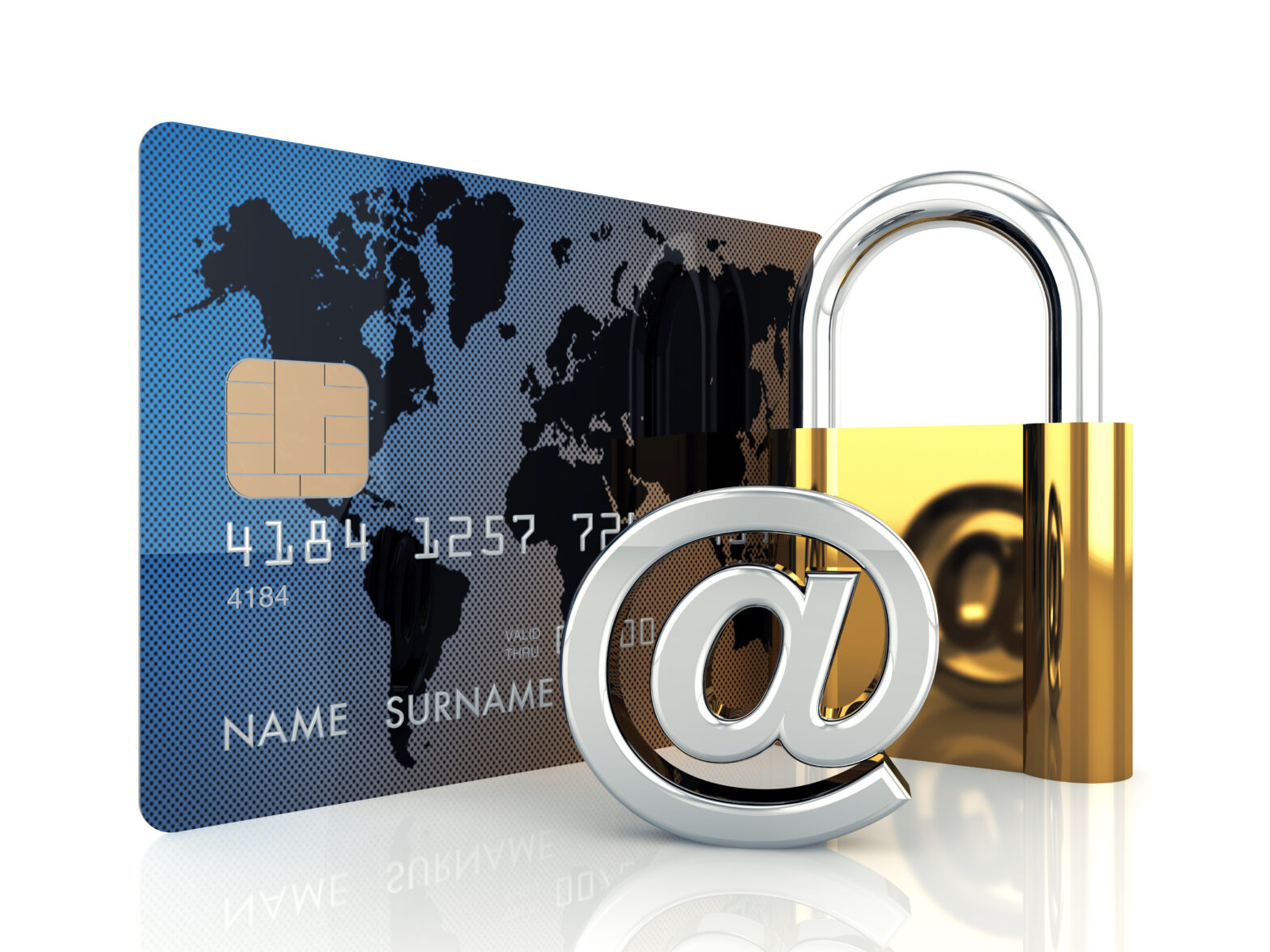How to protect your identity and your data should be major food for thought for individuals, both professionally and personally.
Specifically looking in the personal sphere, incidents of identity fraud are on the rise. The number of victims of identity theft rose by 57% last year, Cifas, the fraud prevention service, said.
There were more than 148,000 victims in the UK in 2015, compared with almost 94,500 in 2014.
This rise is mainly due to the ever-presence of social media, where online thieves scour sites like Facebook to gather sensitive, yet readily accessible information.
In this era of cyber vulnerability drives like Get Safe Online Day are significantly important in both raising awareness – the risks and preventative measures – and quantifying what value people put on their online identities.
Identity data intelligence specialists GBG wanted to find out exactly that. The company found that out of 2,000 consumers 23% of UK consumers valued their personal identity at £500 or less, or £99 less than the cost of a new iPhone 7.
>See also: 10 ways businesses can protect customer data
Interestingly, but perhaps unsurprisingly, the generation who use the internet the most – the younger generation – placed the least value on their digital identity.
35% of 18-24 year olds said their personal identity was worth £1,000 or less, while 67% of over 65s valued their data at over £10,000.
Indeed, as the report made clear, in the social media environment, individuals are no longer judged on age, appearance or sex, but rather data.
“It is ironic that some consumers would price their identity at a cost lower than the price of an iPhone 7 – the very device that, today, holds a key to an individual’s identity,” said Nick Brown, managing director at GBG.
“Given that we now spend so much time on our mobile devices, and with our identities spread so widely across an online network, it’s no longer a question of ‘if’ that personal data gets compromised, it’s ‘when’.”
“Get Safe Online Day is a time for us all to realise how valuable our personal information is – because it is gold dust for an identity fraudster, who will undoubtedly create synthetic identities compiled from elements of an individual’s stolen data. More care, therefore, needs to be taken with our identities online to prevent losing them altogether.”
In the spirit of Get Safe Online Day it is necessary to educate as well as make aware. In light of this GBG provided Information Age with some tips to stay safe online and protect your online identity from fraudsters.
Be informed
Individuals’ address, phone numbers, bank details and date of birth are stored online.
Knowing where this information resides is crucial to prevent loss of personal data, or identity.
Keep your private information private
It might be easy for a fraudster to find your mother’s maiden name or your first school but it’s important that you keep that ‘secret answer’, used by companies to identify you, exactly that – secret.
>See also: How to protect your organisation from ransomware
Be mindful about what you post online – not everyone has good intentions with the information shared.
Understand the value of your personal identity
Online identities open a lot of doors for fraudsters and closes plenty more for the victim.
From losing money to being turned down for a mortgage, the consequences can be disastrous.
The same vigilant attitude in regard to protecting personal data should transfer to employees protecting company data.
A lack of awareness and education in both spheres can leave personal and professional accounts vulnerable to online theft.







